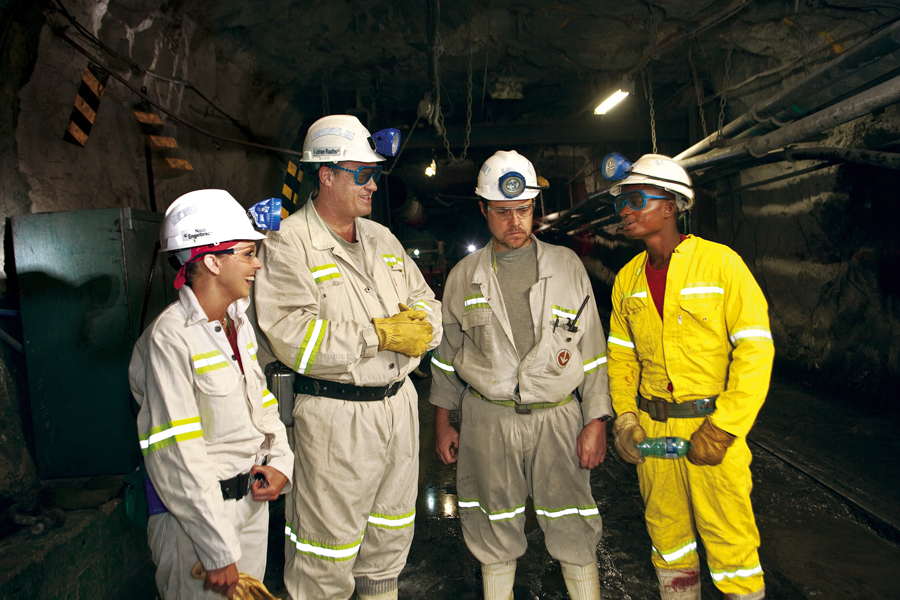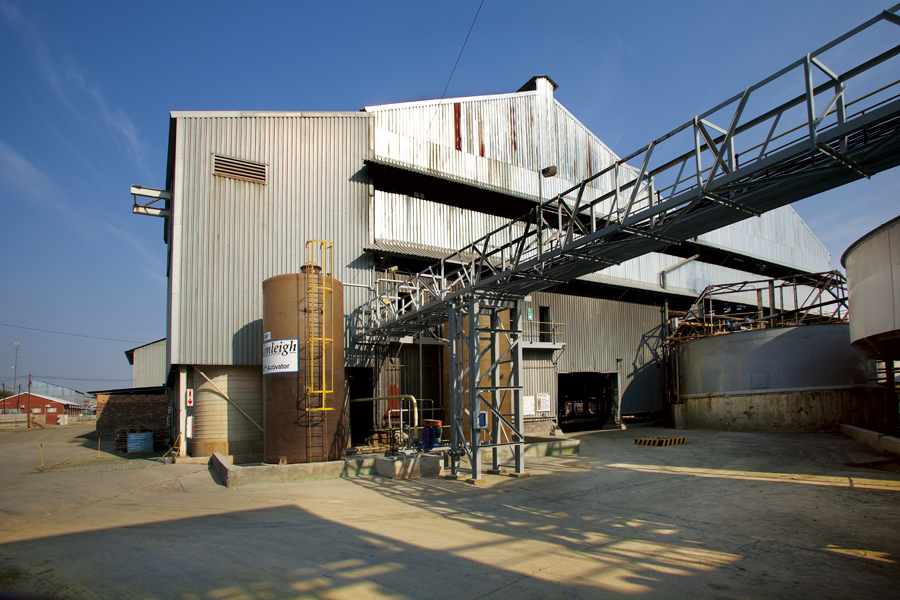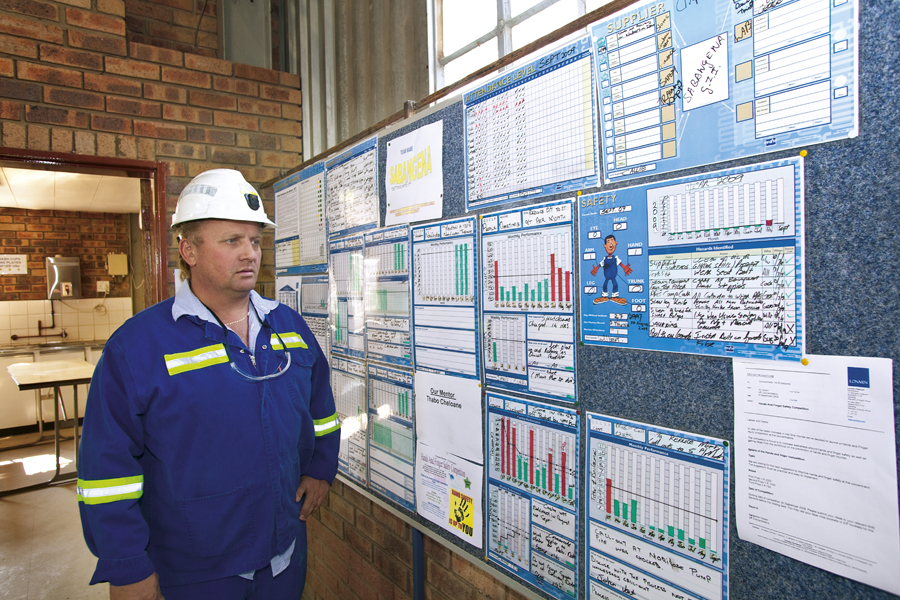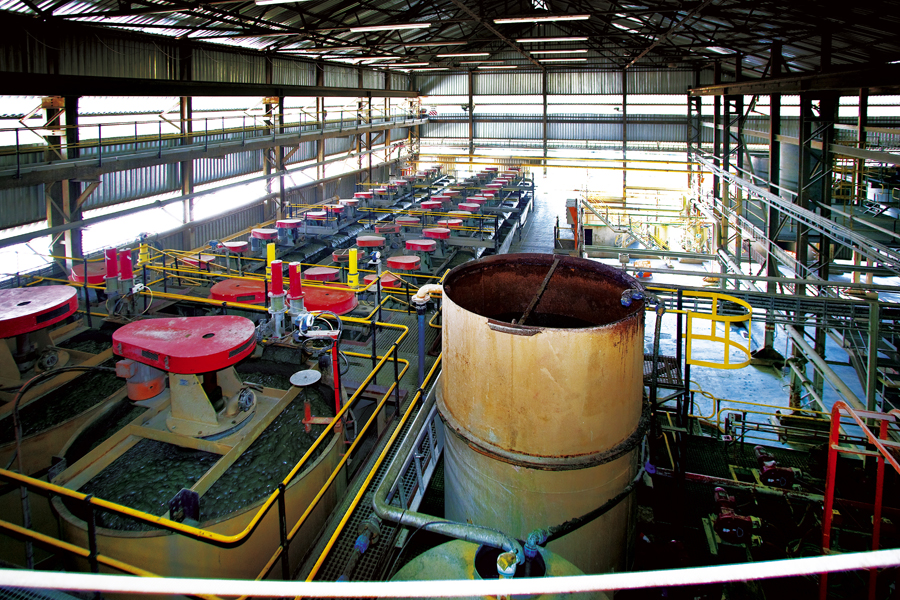South African Lonmin chooses Diligent for board communication
Lonmin is one of the world’s largest primary producers of platinum, operating in South Africa with its corporate headquarters in London. Lonmin’s board of directors attend six scheduled meetings a year, two of which are held in South Africa. Depending on the needs of the business, additional meetings are often required. Orchestrating these gatherings is Rob Bellhouse, Lonmin’s Company Secretary. Bellhouse is also responsible for observing the regulatory responsibilities surrounding the company’s listings on the London and Johannesburg stock exchanges.
Lonmin’s board of directors reside in numerous jurisdictions: half are in South Africa; others are located in the United Kingdom and one in Spain. All of the board members maintain hectic travel schedules and this made it difficult for Bellhouse’s staff to produce traditional paper-based boardroom materials in a timely fashion.
“Travel schedules plus global locations worked against us. In the end, with paper, we just simply could not get information to people on time,” says Bellhouse.
The effort needed to produce board materials occupied as many as six people with photocopying, hole punching, binding and collating – in what Bellhouse referred to as a nightmare process. On the user side, the situation was equally unmanageable. Board packs ran at up to 300 pages each. And when an exceptional issue arose, like approving a prospectus or reviewing an annual report, that number doubled or even tripled so that reports at times ballooned to 850+ pages. Add in papers for committee sessions held alongside the board meeting, and directors often travelled with lever arch files full of paper.
Security was also an issue when it came to paper copies. Couriered packs could be left outside someone’s home, unattended. Then there was the problem of disposing of old copies. Some directors returned them to the company for proper disposal, but others would store these in their home offices and the company could lose track of what happened to them. Over time, it became clear that paper board packs were no longer a sustainable option for Lonmin’s board.
Looking for a digital solution, Bellhouse conducted a thorough search of the marketplace. He identified more than a dozen providers and narrowed trials down to three portal providers. “We were really looking for a winning combination of solid security, the best back-end functionality that the secretariat team would use and the front-end that the directors get on the iPad,” said Bellhouse.
The only company that met all of Lonmin’s criteria was Diligent Boards Limited. Stand-out features from the Diligent Boards solution included ease of reading and annotation for the directors and the impressive level of security. Lonmin even engaged an IT expert to test the solution from a security perspective. After all expectations were met, Lonmin decided to adopt the Diligent Boards solution.
Prior to the first board meeting using the portal, some directors requested paper copies as they remained to be convinced that the solution would not meet their needs. Bellhouse found, however, that those requests faded after the first meeting. “After they got to use the Diligent Boards solution and experience for themselves how easy it was, the take up was very fast. Switching from paper to iPad does require a culture change, but having chosen Diligent Boards meant that for us this did not present a significant problem.”
Additionally, Lonmin is able to make last-minute changes and rest assured that no matter where executives are in the world, they will receive them in real time. Although Bellhouse has never quantified monetary savings, he says they are self-evident. “Certainly paper does have a cost, because we had lots of directors based outside the country, and had to pay couriers who shipped to directors overnight. That is expensive. But at the end of the day, we are much more focused on efficiency gains, which have been tremendous.”









